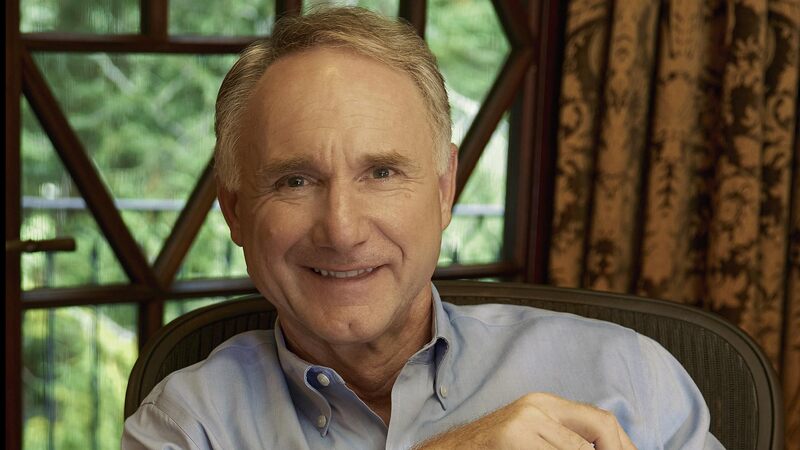You are viewing your 1 free article this month. Login to read more articles.
'Ambitious' account of English Reformation wins Wolfson History Prize
Professor Peter Marshall of Warwick University has won the £40,000 Wolfson History Prize 2018 for Heretics and Believers: A History of the English Reformation (Yale University Press)—a book seven years in the making, based on more than two decades of research.
The prize, which recognises and celebrates books that fuse "excellence in historical research with readability for a wider general audience", was awarded on Monday evening (4th June) at a reception at Claridge’s, London.
The winning book is a "sweeping" retelling of the story of the English Reformation, spanning the "pre-Reformation", the reign of Henry VIII and the reigns of Edward, Mary and Elizabeth, showing in Marshall's words "while English people often experienced religious change as coercive and traumatic, the Reformation simultaneously educated and empowered them, and recast the relationship between rulers and ruled".
The account was praised "beautifully written, extensively researched and ambitious in its range" by the prize while the judges remarked on its ability to lend a fresh perspective on a supposedly familiar story. The book was selected from over 150 books by a panel of four historians: Professor Sir David Cannadine in the role of chair; Professor Carole Hillenbrand; Professor Sir Richard Evans and Revd Professor Diarmaid MacCulloch.
"Appearing on the 500th anniversary of Martin Luther’s launching of the European Reformation in Wittenberg, this is a sweeping retelling of what we thought was a familiar story. How wrong we were," said Professor Evans, presenting the Prize on behalf of the judges.
"Covering every level of the lived experience of the Reformation, from the policymakers to the ordinary parishioners in the Tudor countryside, Peter Marshall shows how Henry VIII’s actions opened a Pandora’s box from which violent confrontation and religious diversity emerged to shape the destiny of modern England."
Marshall, an expert on religious belief and practice in early modern Britain and Europe at the University of Warwick, told The Bookseller: "Winning the prize means a great deal – it’s something which explicitly recognises how important it is for history to speak to a wider audience. When you write for your peers, you can find yourself using jargon, or taking certain points as read, but when you write for a wide audience you have to stand back and ask, 'What does it mean? Why is it important?'"
He added: "I was writing the book during the Scottish referendum and the EU referendum; I am a Scot and had firm views on both questions. They were very divisive but hugely important, and during the referenda themselves there were was increasingly a huge national conversation, and people participated in that process. If there is a wisdom we can learn from traumatic times – such as the Reformation – it is that we should have firm views, but never demonise our opponents."
Cannadine remarked on the importance of the Wolfson History Prize at a time "when information is increasingly disseminated without historical perspective or regard for the truth", saying: "Any society that aspires to be healthy must know of its own past and that of other countries. It's not just recreation, it's vital for the public culture of our nation."
The five runners-up, who each receive £4,000, were Miranda Kaufmann who was shortlisted for her first book Black Tudors: The Untold Story (Oneworld); Robert Bickers for Out of China: How the Chinese Ended the Era of Western Domination (Allen Lane), The Butchering Art: Joseph Listers Quest to Transform the Grisly World of Victorian Medicine by Lindsey Fitzharris (Allen Lane), A Deady Legacy: German Jews and the Great War by Tim Grady (Yale) and Heligoland: Britain, Germany and the Struggle for the North Sea by Jan Ruger (Oxford University Press). All will be speaking at the British Academy on Wednesday 9th May for BBC Radio 3’s "Free Thinking" programme.















